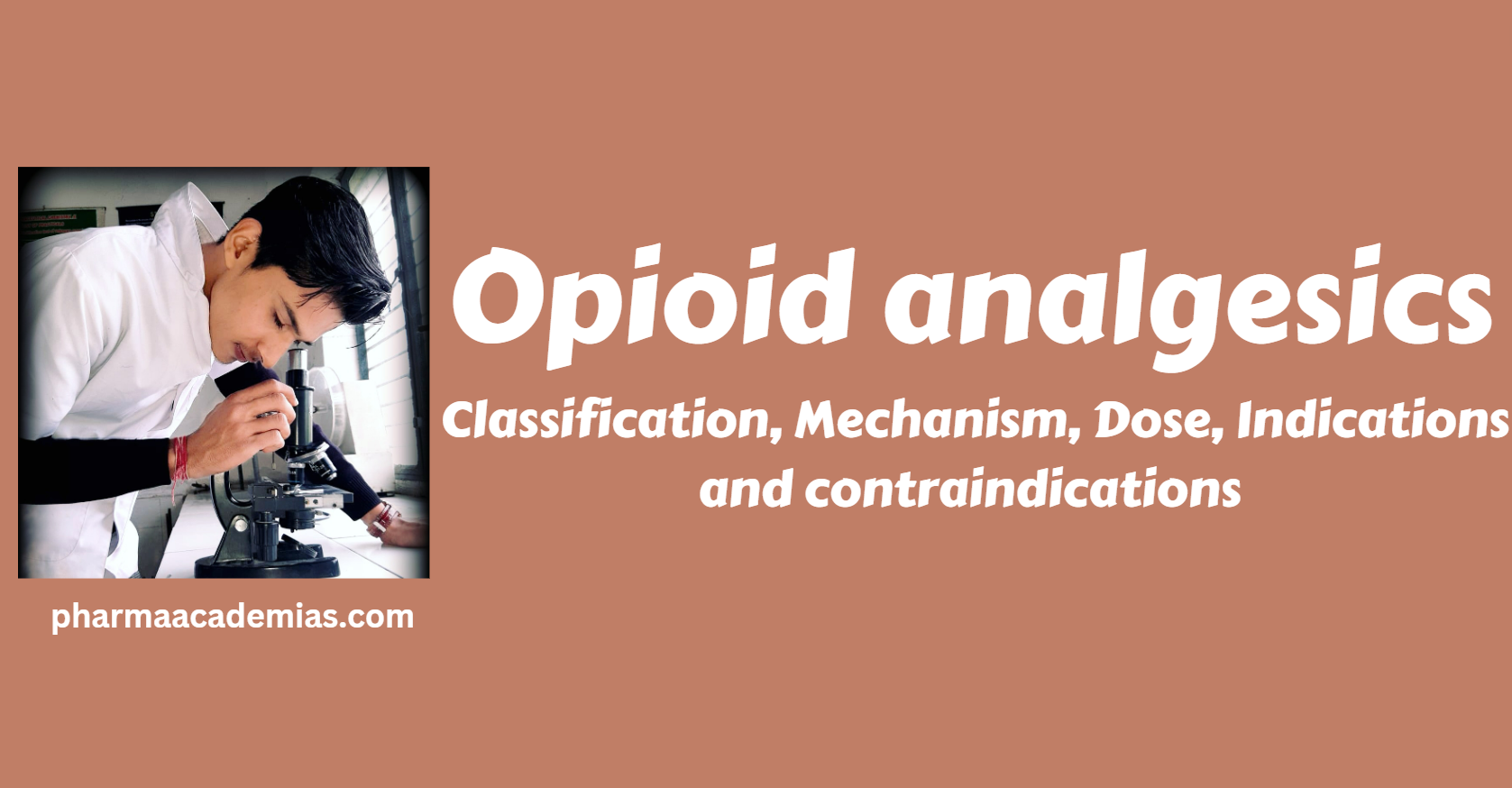Emergency Drugs: Definition, Categories, and Uses
Definition Emergency drugs are medications that are administered in critical or life-threatening situations to address immediate medical needs. These drugs are crucial in various healthcare settings, including emergency departments, intensive care units, and pre-hospital care, where rapid intervention is essential to stabilize patients and prevent further harm. Categories of Emergency Drugs 1. Cardiac Arrest and … Read more




